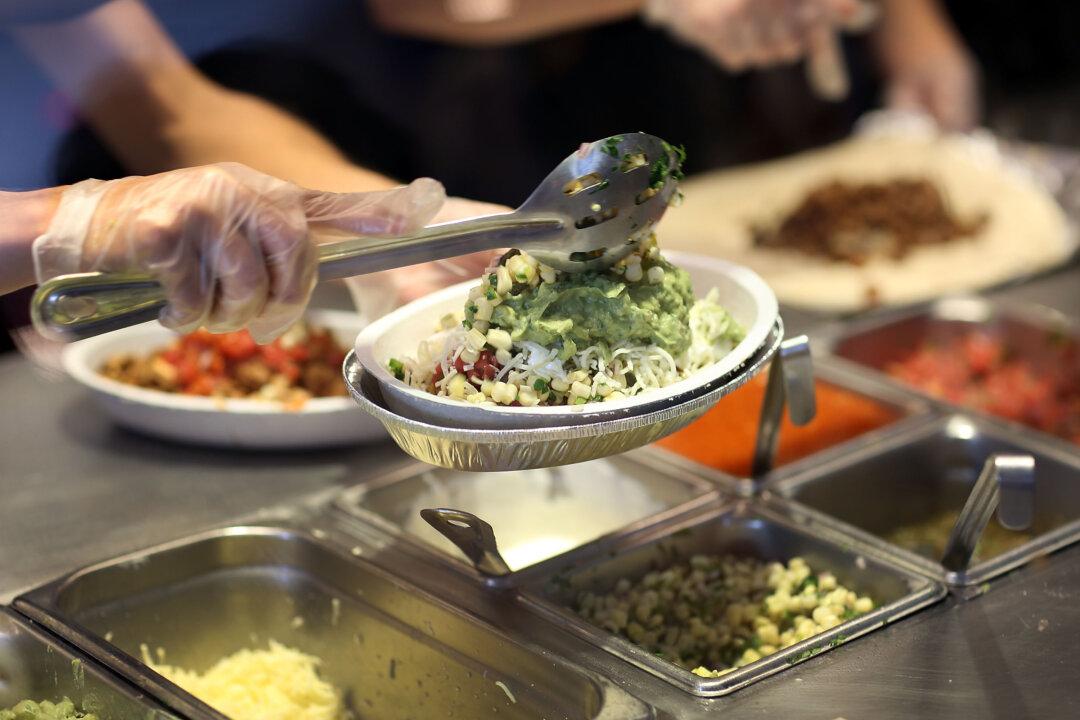Not all restaurants are created equal—and not all restaurants treat their employees equally either.
At a marketing conference for the restaurant industry held in Dallas, Texas, Mexican restaurant chain Chipotle announced that it was going to extend work benefits previously reserved to full-time staff to its part-time employees: paid sick leave, paid vacation days, and full college-tuition reimbursement.
The news was first reported by industry publication Nation’s Restaurant News.
The move, announced on June 4, makes Chipotle one of a few major restaurant chains in the country that provides paid sick leave for all its employees.
Two-thirds of restaurant workers reported they had cooked, prepared, or served food while sick.






